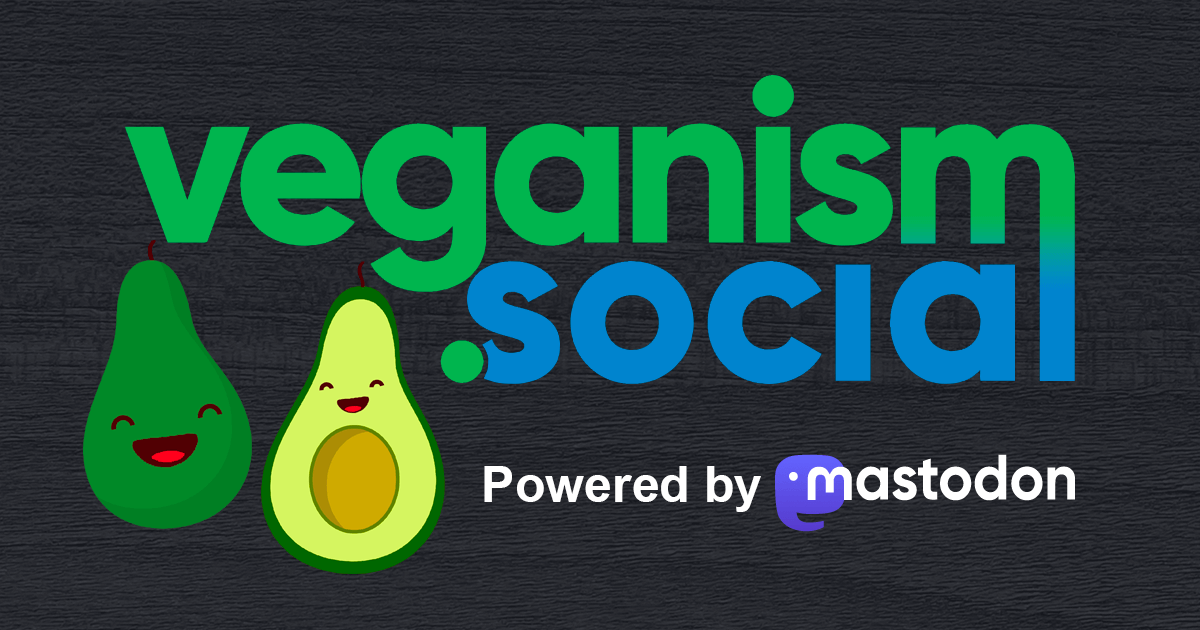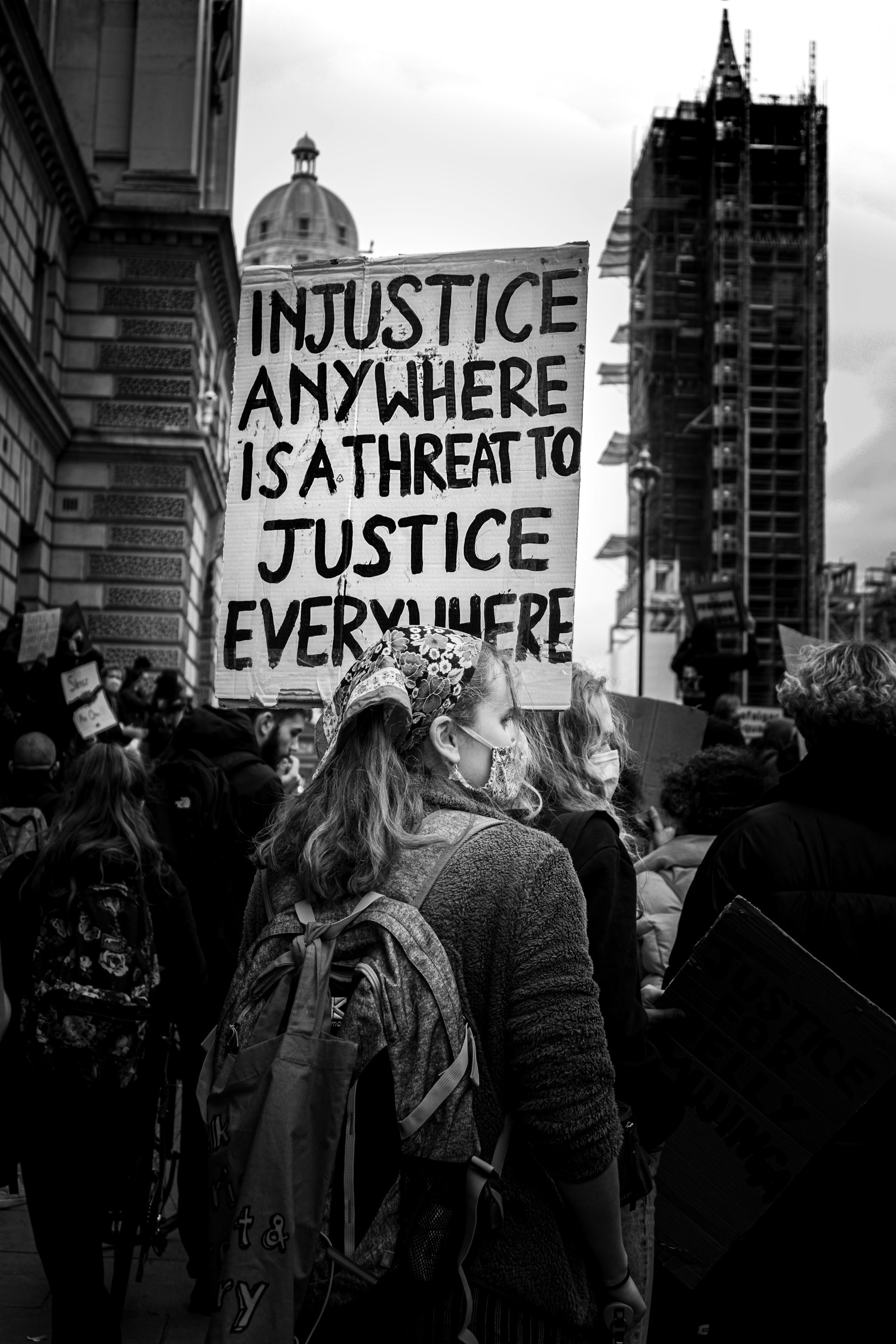The #SpiritualWarrior uses one’s inner strength to wage battle on behalf of #values that matter and feed the #commongood —of which saving Mother #Earth is one solid example. https://www.matthewfox.org/donation-store/trump-the-maga-movement-as-anti-christ-a-handbook-for-the-2024-election
Recent searches
Search options
#commongood
"Data2Action exists to make emerging technology work harder for humanity, enabling us to co-create a healthier, fairer and more sustainable world for all. [...]
We’re recruiting *13 funded doctoral fellows from Europe and beyond* to work collaboratively across a range of interconnected cutting-edge research and development projects."
#HorizonEurope #UKResearchAndInnovation #UKRI #MarieCurie #MSCA #DoctoralNetwork #PhD #DataScience #Data2Action #SocialInnovation #SocialImpact #LivingLabs #CoCreation #Collaboration #Transdisciplinary #Dissemination #Communication #NetworkBuilding #CommonGood #AI #CuttingEdge
#Technology #Humanity #Health #Fairness #Sustainability #SustainableWorld #PublicGood #SocialPioneers #ArtificalIntelligence
#SectoralExperts #Society #RealWorldSolutions #ClimateChange #SocialJustice #Democracy #Aging #People #Planet
From @paulkrugman.substack.com RE "Sean Duffy’s shithole remark: Trump’s attempt to kill New York’s new congestion fee.... the biggest reason Trump hates #congestion pricing is probably because it embodies the idea that sometimes people should be asked to change their #behavior for the #commongood. And since that’s what his rage seems to be about, the efforts to kill congestion pricing will become even more frantic now that it’s... a huge #success story."
@redsad best idea I've heard in a long while. And it should be in print as a paid service but a free app for all.
And only non-moving ad content and imagery/logos, and sell space to big chains to pay for production/distribution/rewilding.
And only certified #commongood or #greenwashingfree sustainable brands get color-listings.
Imagine all the space used for advertising re-designed for wilderness, and inner-city trees, playgrounds, benches, art, water fountains.
A BETTER, SAFER WORLD FOR ALL.
Michael Ian Black: "the promise of a #commongood is the ...divide btw my vision & that of the current administration.” The young conservatives in the video "have no faith in our institutions...in science...The MAGA worldview is not informed by facts but by feelings." https://dailymeditationswithmatthewfox.org/2025/03/14/maga-vs-the-common-good-an-amazingly-synchronistic-moment/ & https://bit.ly/4hCRYIa
The disregard of the #commongood is greater under an #oligarchy than under a #democracy, where...the welfare of the majority has been attempted. But worst of all is a tyranny where the advantage of one man is sought. https://www.matthewfox.org/donation-store/trump-the-maga-movement-as-anti-christ-a-handbook-for-the-2024-election
Aquinas: #CommonGood of the state cannot flourish unless the leaders are virtuous. "The good of many is more godlike than the good of an individual." #CharacterMatters. We are seeing leaders more interested in their private good than in the common good or the good of the community. https://dailymeditationswithmatthewfox.org/2025/03/12/the-common-good-not-greed-as-the-root-of-government/
One of the most counter-intuitive justifications for refusing to stop mindlessly competing and work co-operatively toward a shared common good is that it is more of a strain, takes more effort, with less return on investment than working alone.
The rationale most often heard is that the person is sick, disabled, tired, beaten down, overwhelmed, with the implication being that somehow a shared burden is heavier?
Based on that logic, extended families, communities, tribes, villages, towns would never form except by coercion.
It is a circle that cannot be squared.
#COOP #CooperativeCulture #CooperativeCapital #MutualAid to secure the #GneralWelfare and a shared #CommonGood #EconomicDemocracy for #SocialDemocracy
2025 trend: Do good. And talk about it.
We can see the #future
We recenter into our role in #nature and build #politics and #economy around all earthlings, everywhere.
Or we'll be a footnote in #history, if that.
Do good because we're living in #climate and societal collapse. We need all hands on deck.
Talk about it because we need human-wide knowledge on #CommonGood and #sustainability in all things.
Or because it'll grow your #USP.
#garden #bees #urbanfarming
Robert Reich asks,
"What happens if we lose our sense of common good?
What happens if wealthy individuals not only hire their own firefighters, but reject public schools and send their kids to private ones, stop walking in public parks and opt for private green spaces, and stop relying on public police officers in favor of private security guards?"
I can answer that: the whole nation becomes Mississippi written large.
#CommonGood #Trump #EconomicElites
https://robertreich.substack.com/p/the-la-fire-and-the-common-good
To forestall the "enshitification" of #Bluesky, I'd like to see it adopt a not-for-profit foundation model (like Wikipedia and Mastodon), become a true "public forum" sustained by a well-crafted, ongoing donation campaign and grants.
#Capitalism #Corporatocracy #Enshitification #CommonGood
https://www.dailykos.com/stories/2025/1/11/2296375/-The-Coming-Enshittification-of-Bluesky
[Paper] Varieties of #Anticapitalism: A systematic study of transformation strategies in alternative economic discourses
by Querine Kommandeur, Juliette Alenda-Demoutiez, Maria Kaufmann, Ingrid Visseren-Hamakers. Published January 2025.
Abstract
"The confluence of multiple crises has prompted a growing recognition of the need for transformations. Economic systems, including patterns of consumption and production, play a key role in sustainability transformations. The notion that capitalist systems are at the root of current ecological and social crises has led to the emergence of different alternative economic discourses, that seek to address the indirect drivers of #unsustainability. In this article, we aim to contribute to moving the debate beyond critiques of capitalism by focussing on the paths of transformation towards alternatives. To this end, we analyse several alternative economic discourses in order to show the breadth of the debate, and to better understand the roles and strategies of various discourses in societal transformation. Seven discourses are included, of which Buen Vivir, Degrowth and Wellbeing Economy are analysed in-depth. This is done through a systematic analysis of literature published between 2015 and 2022, using an enhanced conceptual framework based on the works of Wright (2019) and Chertkovskaya (2022). Our analysis suggests that the discourses represent different modes of transformation, and that these differences exist both between, as well as within the different discourses. We argue that transformations cannot be achieved through single discourses, or modes of transformation. Rather, concerted efforts of different discourses aimed at addressing indirect drivers of unsustainability can provide the multi-faceted processes of societal change, in which they can support and reinforce one another through alliances and mutual learning."
Introduction
"Humans are putting ever-increasing burdens on the #environment, causing severe damage to #nature (IPBES, 2019; United Nations Agenda for Sustainable Development, 2015). This damage is operationalised through the planetary boundaries, showing how several of them have already been crossed, which increases the risk of unleashing #ecosystem changes on a global scale (IPBES, 2019; Lade et al., 2020). Besides the innumerable injustices towards non-humans that result from the destruction of nature, such processes also have severe impacts on structures that sustain human livelihoods, by impacting health and wellbeing, food security and infrastructure (IPCC, 2023; United Nations Agenda for Sustainable Development, 2015). These processes are driven by #capitalist accumulation, which relies on the continuous production of new frontiers of accumulation, often through the #exploitation of #MarginalizedCommunities and nature (Moore, 2017). These adverse impacts on nature and people disproportionately affect the most vulnerable people and systems (IPCC, 2023).
"While capitalism manifests itself in a variety of ways across time and place (Hall and Soskice, 2001), there are several fundamental aspects that lie at the heart of its problematic nature. In capitalist societies, societal wealth manifests itself as an accumulation of commodities, and production is oriented towards profit rather than societal needs. Such profits, or surpluses, are extracted and privately appropriated for further expansion, forming the main force of growth. As such processes rely on the continued exploitation of labour and nature, inequality is not an outcome but the foundation of capitalist structures (Brand et al., 2021; Chertkovskaya and Paulsson, 2021; Moore, 2017). The continued inability to decouple environmental degradation from economic growth has made capitalism increasingly questionable in terms of its desirability and sustainability (Parrique et al., 2019). Such capitalist structures, both material, institutional, and discursive, are entrenched in societies, including institutions and governance mechanisms such as nation states and international political regimes, and are underpinned by societal values such as the appropriation of nature and non-human animals as resources to be exploited for human benefit (Brand et al., 2021; IPBES, 2019).
This confluence of multiple crises has prompted a growing recognition of the need for transformations. Since the 2015 inception of the 2030 Agenda for Sustainable Development, the term “transformation” has gained broad usage among policymakers, academics, activists, and others, resulting in diverse interpretations and literatures. Transformations imply “...changes in the generic societal causes, including institutions, governance structures, developments, power relations, paradigms, goals and values” (Kok et al., 2022, p. 8). The Intergovernmental Science-Policy Platform on Biodiversity and Ecosystem Services (IPBES) defines transformative change as “a fundamental, system-wide reorganisation across technological, economic and social factors, including paradigms, goals and values” (IPBES, 2019, p. 14). Visseren-Hamakers and Kok shift the focus of this definition by replacing ‘system-wide’ with ‘society-wide’, emphasizing changes in general, societal structures (Visseren-Hamakers and Kok, 2022a, p. 8). We therefore consider capitalist structures to be the indirect drivers of unsustainability (IPBES, 2019).
The notion that capitalist systems are at the root of current ecological and social crises has led many activists, civil society groups, academics, policymakers, and politicians to seek for alternative economic approaches that focus on justice and sustainability (Charonis, 2021; Westra et al., 2017). We consider alternative economic discourses to be embedded in broader transformation discourses, as they address, to varying degrees, the indirect drivers of sustainability. While alternative economic discourses are generally strong in imagining alternatives, working towards such alternatives requires strategic efforts (Barlow et al., 2022; Visseren-Hamakers and Kok, 2022b). The main objective of this article is to elucidate how various alternative economic discourses align with and differ from each other concerning their modes and strategies of transformation as presented in the academic literature. To do this, this article builds on the work of (Wright, 2019), who conceptualises different ‘modes’ of transformation, i.e., sets of strategies that have been historically important in anti-capitalist struggles. Chertkovskaya (2022) expands on this framework to better capture the efforts of alternative economic movements. We further build upon both Wright's original conceptualisation and Chertkovskaya's additions to develop the framework further (Chertkovskaya, 2022).
"This paper contributes to the literature on #PostCapitalism and transformations by providing a comprehensive overview of different modes and strategies of transformation by focusing on the Degrowth, Buen Vivir and Wellbeing Economy discourse. In doing so, we aim to contribute to moving the debate beyond critiques of capitalism by focussing on the paths of transformation towards alternatives. Through our categorization, we facilitate a more conscious reflection on often implicit approaches to change while also revealing sensitivity to similarities and nuances within and between the discourses, showing the breadth of the debate (Sandberg and Alvesson, 2021). The selected discourses are #BuenVivir, Degrowth, #DoughnutEconomics, Economy for the #CommonGood, Foundational Economy, Social and #Solidarity Economy, and Wellbeing Economy. We first provide a brief overview of these seven alternative discourses and then proceed to an in-depth examination of the Buen Vivir, Degrowth, and Wellbeing Economy discourses."
Read more:
https://www.sciencedirect.com/science/article/pii/S0921800924003203
#SolarPunkSunday #DeGrowth #PostCapitalism #CircularEconomy #Polycrisis #EnvironmentalRacism #HumanRights #Colonialism #CorporateColonialism

Trump has given us — and by us, I mean largely the people at the top of the economic ladder, corporate leaders, their media lapdogs — permission to indulge that urge to cruelty while pretending we're "rebuilding" a "great" America and a "great" American economy. We're now going to see media and other leaders kowtow to Trump big-time, and as that happens, we'll see a lot of cover-up of the real price we're all paying for indulging ourr cruelty..

"Who on average spend 10% of their pay on groceries, the lowest in the country’s history, not to mention human history. Who are lashing out at others at the slightest inconvenience, because they want to lash out at others."
That "ancient, compelling, and evil" force to which Buckle refers: it's the ravenous need many of us have to hurt someone else, to blame someone else, to eschew responsibility to anyone but ourselves.
#Trump #economy #race #gender #cruelty #solidarity #CommonGood
/7

"MAGA is someone who is angry that they might have to shift from buying their goods at a middle-class-coded supermarket to the cheaper, working-class-coded supermarket.
The American Republic has been pulled down, possibly past the point of no return, by affluent people. People who have lives their ancestors would have literally killed for."
#Trump #economy #race #gender #cruelty #solidarity #CommonGood
/6

"The core of the MAGA base isn’t people who can’t afford enough $2 packs of pasta and $3 jars of tomato sauce to feed their children. I’m not saying that person doesn’t exist, but statistically they’re not representative. MAGA is someone who earns $70,000 a year and is angry that their overpriced Whole Foods costs a bit more."
#Trump #economy #race #gender #cruelty #solidarity #CommonGood
/5

"Many Americans are struggling economically, left behind, urgently wanting a more egalitarian society, and turned to a fascist movement in desperation.
But:
Study after study [after the 2016 election] found ‘racial resentment’ a far bigger driver of support for Trump than ‘economic anxiety’. Neither Trump’s core support, nor the drift of formerly Democratic voters to him are well explained by economic desperation."
#Trump #economy #race #gender #cruelty #solidarity #CommonGood
/4

As Buckle says, following the 2024 election, the media and lots of other commentators defaulted to the easy, lazy, false narrative that "economic anxiety" drives Trump voters:
"Far-left radicals, socialists, liberals, centrists, old-fashioned conservatives, academics, mainstream journalists, and everyone else who simply cannot imagine voting for the man themselves, all tend to default to one narrative:"
#Trump #economy #race #gender #cruelty #solidarity #CommonGood
/3

To be specific:
"Americans are prosperous, but without any deep sense of obligations to others. We are a highly commercial, individualist people, and when we let go of even a thin liberal conception of the public good, we become nasty, petty, small, vindictive and irrational."
#Trump #economy #race #gender #cruelty #solidarity #CommonGood
/2
Toby Buckle offers (to my way of thinking) stellar analysis of what's going on politically as large numbers of Americans, our media, and corporate leaders jump with alacrity on the Trump bandwagon: it's not the old "economic anxiety" canard.
Rather,
"Our country has been captured by a force that has its own ideas about our future. One that is ancient, compelling, and evil."
#Trump #economy #race #gender #cruelty #solidarity #CommonGood
/1

